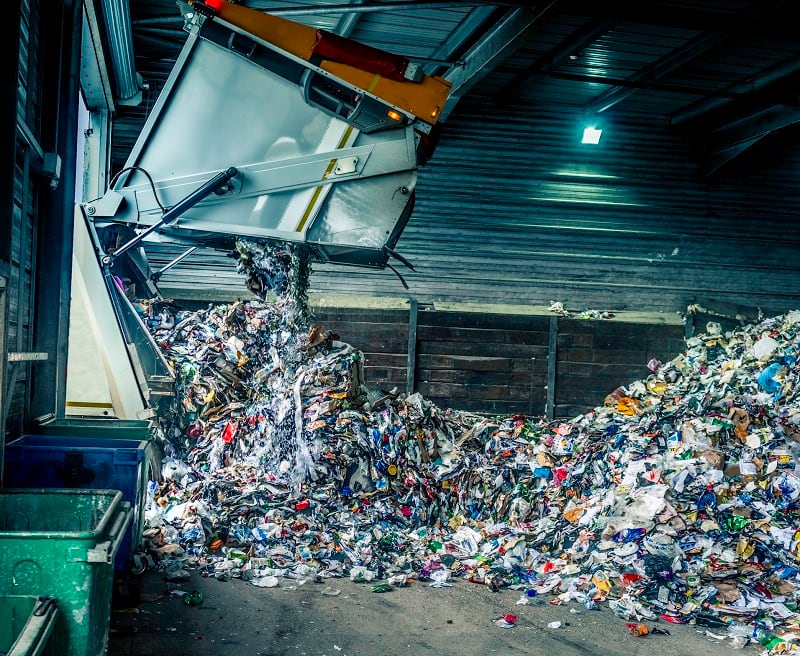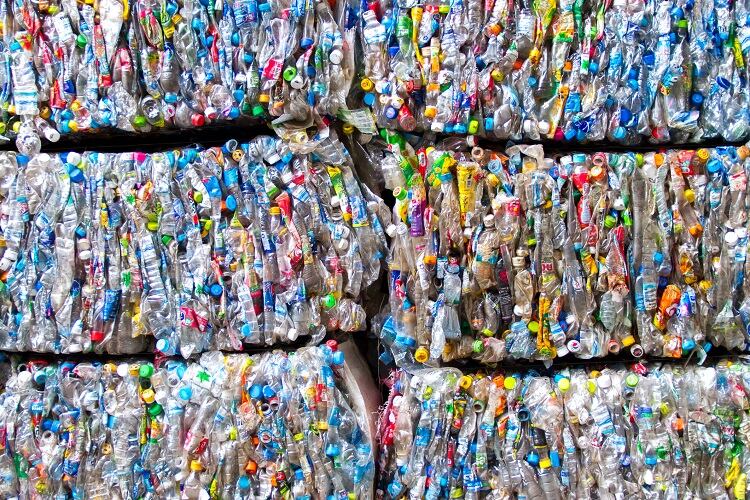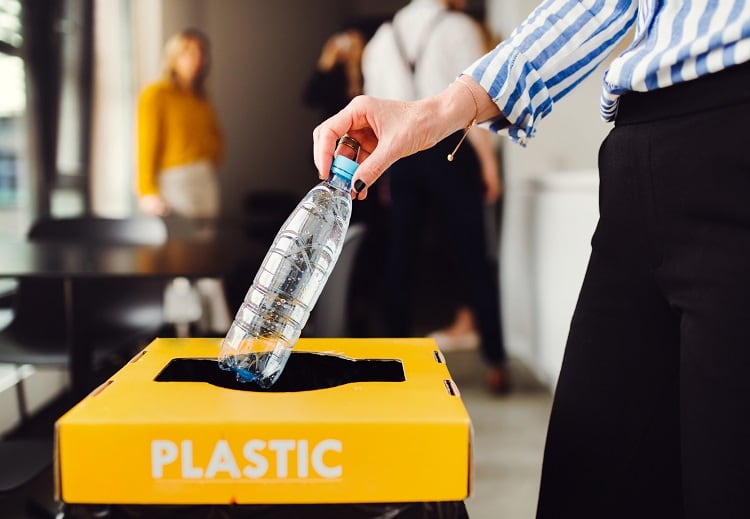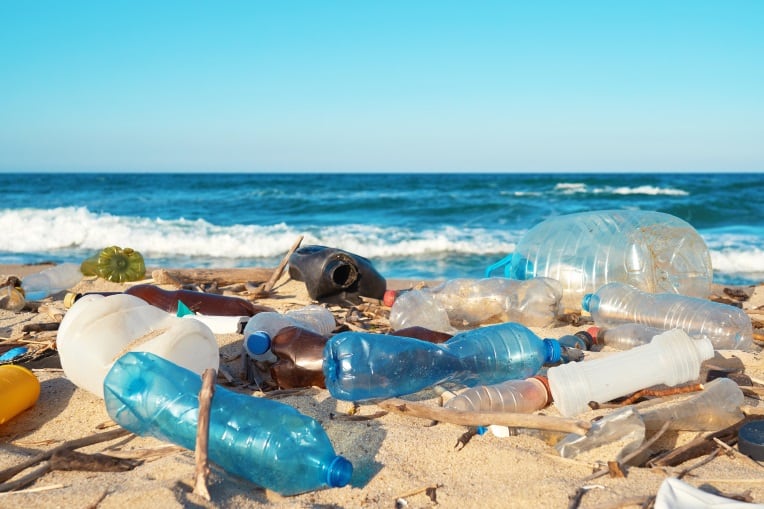Scientists said the super-enzyme is derived from bacteria that naturally evolved the ability to digest plastic. It enables the full recycling of plastic bottles and waste and could soon be used for recycling.
The research was co-led by Professor John McGeehan, Director of the Centre for Enzyme Innovation (CEI) at the University of Portsmouth, and Dr Gregg Beckham, Senior Research Fellow at the National Renewable Energy Laboratory (NREL) in the US and is published in Proceedings of the National Academy of Sciences (PNAS).
The same team first engineered an enzyme called PETase – found in a plastic eating bug in a Japanese rubbish tip in 2016 - that could digest commonly polluting plastics in 2018. This started breaking down the plastic in a few days.
A second enzyme, found in the same rubbish dwelling bacterium that lives on a diet of plastic bottles, was combined with PETase to speed up the breakdown of plastic.
PETase breaks down polyethylene terephthalate (PET) back into its building blocks, creating an opportunity to recycle plastic infinitely and reduce plastic pollution and the greenhouse gases driving climate change, said the scientists.
PET is the most common thermoplastic, used to make single-use drinks bottles, and it takes hundreds of years to break down in the environment.
The original PETase enzyme discovery heralded the first hope that a solution to the global plastic pollution problem might be within grasp, though PETase alone is not yet fast enough to make the process commercially viable to handle the tons of discarded PET bottles littering the planet.
Combining it with a second enzyme, and finding together they work even faster, means another leap forward has been taken towards finding a solution to plastic waste, said the scientists.
PETase and the new combined MHETase-PETase both work by digesting PET plastic, returning it to its original building blocks.
Source
Characterization and engineering of a two-enzyme system for plastics depolymerization
PNAS
DOI: https://doi.org/10.1073/pnas.2006753117





